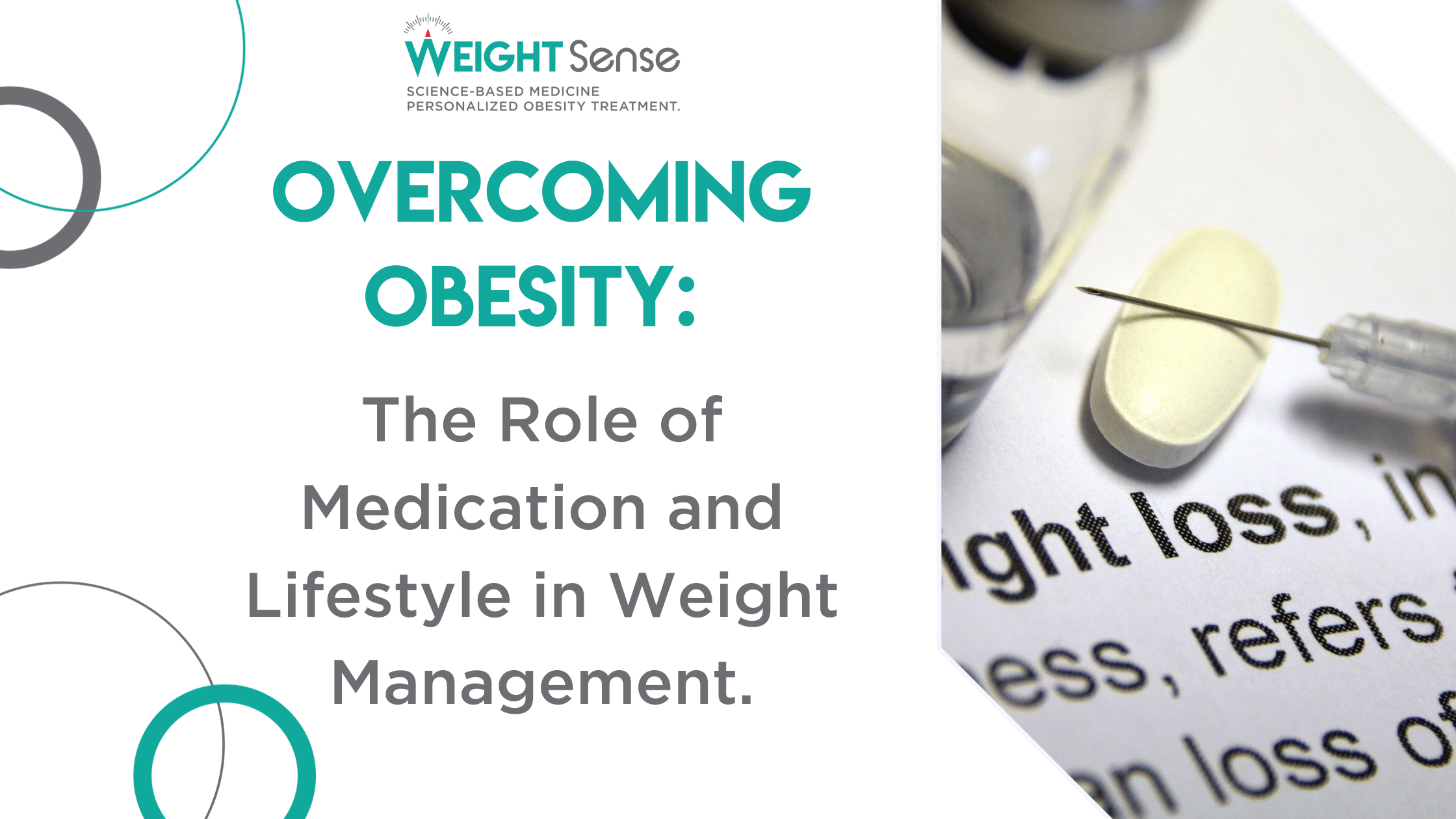In a recent revelation, world-renowned media personality Oprah Winfrey shared her journey with weight loss and her use of anti-obesity medicine in an interview with People.com. Making headlines, Winfrey candidly expressed: “I’m absolutely done with the shaming from other people and particularly myself,” Winfrey told People. “The fact that there’s a medically approved prescription for managing weight and staying healthier, in my lifetime, feels like relief, like redemption, like a gift, and not something to hide behind and once again be ridiculed for.”
While Winfrey has not named the specific medication she has been using, as a weight loss medications expert, I speculate that she might be referring to incretins. This group of anti-obesity medicines, which counts Zepbound and Wegovy among its members, is recognized for its highly effective role in treating obesity.
From my perspective as a doctor specializing in obesity medicine, I echo Winfrey’s sentiments. The advancements in anti-obesity medicine, including weight loss medications like Zepbound and Wegovy, indeed feel like a gift. They underline the scientific reality that obesity is a complex health condition with roots in brain function and biology rather than a mere lifestyle issue. As Oprah’s journey illustrates, these medications are not a standalone solution but a powerful component of an integrated approach to weight loss that includes lifestyle changes. This holistic approach to weight management can bring freedom to many people.
However, it’s crucial to understand that while these medications can be highly effective in treating obesity, they are not “magic pills or shots.” In other words, you can’t simply take medicine and expect results. Integrating anti-obesity medications into a comprehensive plan encompassing improved dietary habits, regular physical activity, and positive behavioral changes unique to each person and their preferences is essential. A science-based, whole-health approach will also be necessary in mitigating the muscle mass loss that some people could experience while on highly effective anti-obesity medication as well. A diet emphasizing protein and resistance training can help prevent muscle mass loss.
Further, it’s important to note that each person has differences that require an evaluation before choosing the most appropriate anti-obesity medication for them. Personal health status, medication availability, and accessibility must also be considered when determining the best medical treatment.
Before starting any medication, it’s essential to have a conversation with a medical professional— especially one with obesity medicine training. This can help clearly understand the benefits and risks of these medications and help determine the best course of action for your needs.
Book an appointment with me today. Together, we can transform your health dreams into an achievable reality.




